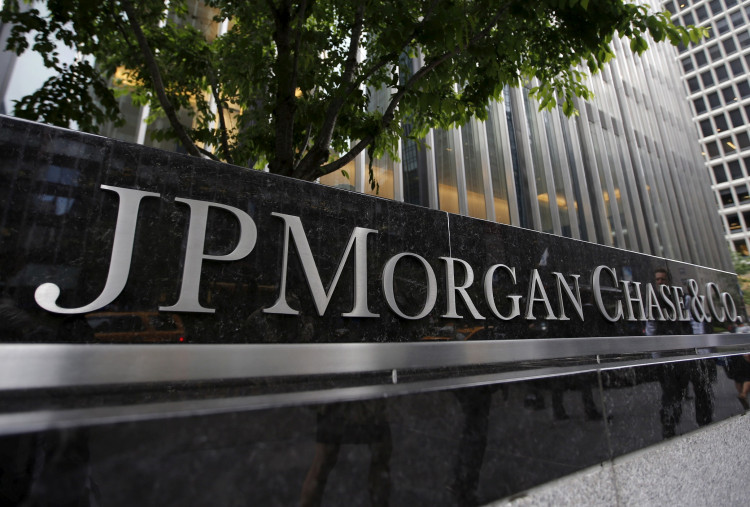On Monday, September 11, JPMorgan CEO Jamie Dimon cautioned that while the U.S. economy is currently performing well, investors would be making a "huge mistake" if they believed this trend would continue for several more years.
Dimon expressed concerns about central banks, including the Federal Reserve, using "quantitative tightening" to control liquidity, geopolitical tensions, and governments around the world spending "like drunken sailors." He emphasized that strong consumer spending today doesn't guarantee a prosperous economic environment for the next few years.
While healthy consumer balance sheets and rising wages are currently bolstering the U.S. economy, Dimon highlighted potential future risks. Over the past year, the U.S. economic downturn was more severe than many investors, including Dimon, had anticipated. Last year, he warned of an impending economic storm. However, the U.S. economy proved to be more resilient than Wall Street expected. Now, many economists predict that the U.S. might avoid a recession and achieve a "soft landing" without a significant spike in unemployment.
Yet, Dimon offered a more cautious perspective, noting that while businesses feel great focusing on current performance, things can change, and it's uncertain what the next 12 to 18 months might bring.
Dimon pointed out that while JPMorgan and other banks have been "over-earning" on loans for years due to historically low default rates, some real estate mortgages and subprime auto loans are starting to feel the pressure. He warned that if the U.S. economy truly enters a recession, the credit cycle would return to normal, where some outcomes are always worse than expected.
He shared that JPMorgan is repurchasing stocks at a "lower level" than before, a trend that might continue into 2024, as the bank conserves capital to comply with upcoming regulatory rules. Dimon expressed disappointment with the new regulations, urging regulators to increase transparency. He highlighted that JPMorgan is required to hold about 30% more capital than European banks, questioning the regulators' intentions.
When asked about the IPO and M&A market, especially with the upcoming listing of Arm, Dimon encouraged CEOs of companies preparing to go public to take action rather than wait, emphasizing the significant and dangerous uncertainties ahead.
Dimon isn't the only Wall Street magnate urging investors to temper their optimism.
Earlier this month, renowned short-seller Jeremy Grantham pointed out that the Federal Reserve's most aggressive tightening policy in four decades could plunge the economy into a recession and drag down the stock market. The co-founder of Boston-based asset management firm GMO, known for predicting market bubbles, stated that low-interest rates have inflated asset prices. Higher rates will depress these prices, and the era we're entering will likely see average interest rates higher than the past decade.
Grantham, who has successfully predicted three market bubbles, noted that the stock market surge post-pandemic is "in many ways roughly equivalent to the tech bubble of 2000." However, the frenzy around artificial intelligence has delayed the market's contraction.
Meanwhile, Morgan Stanley's bearish "mega-bear" Michael Wilson also believes that U.S. economic growth this year will likely fall short of expectations, leading to potential disappointment for U.S. stock investors.






